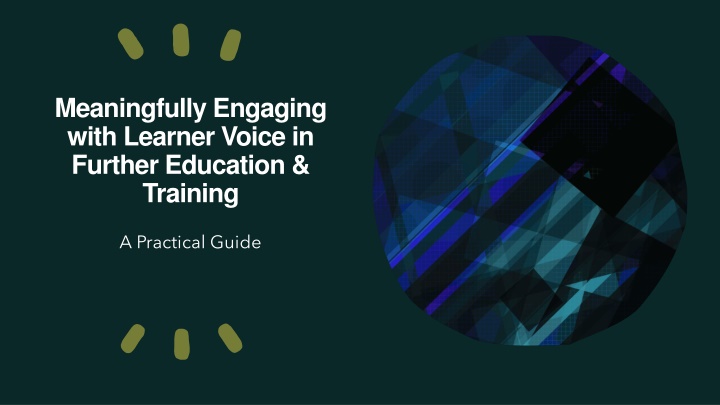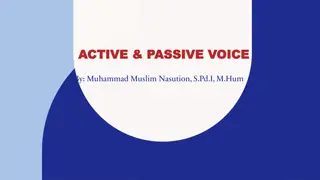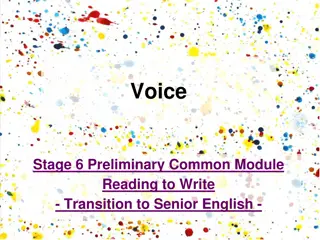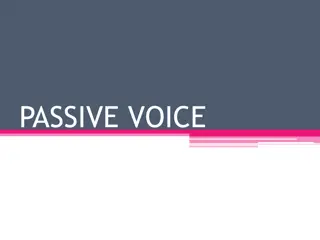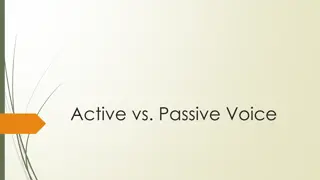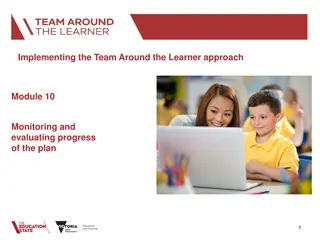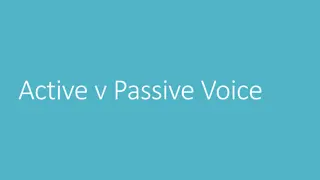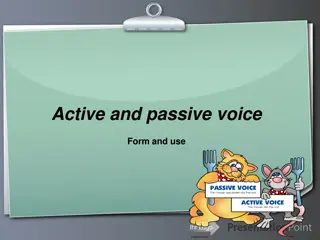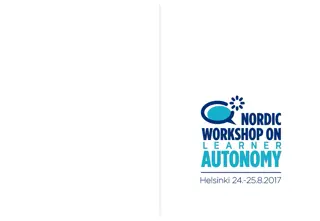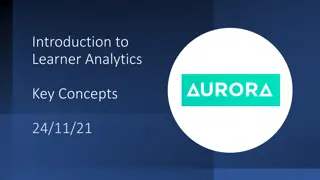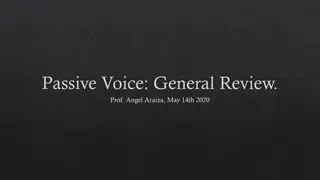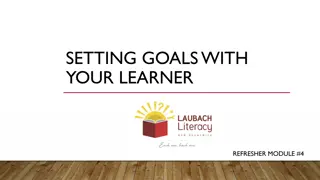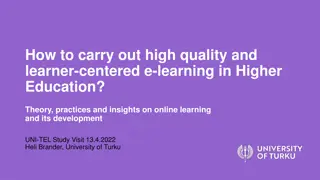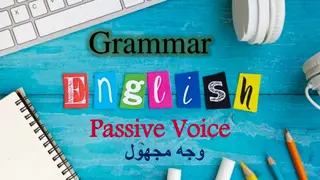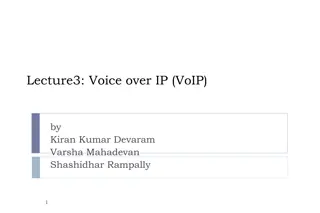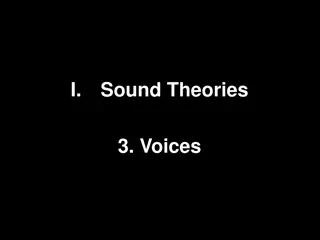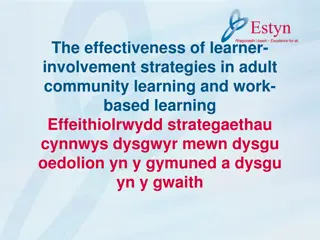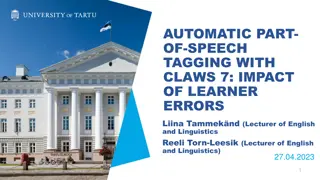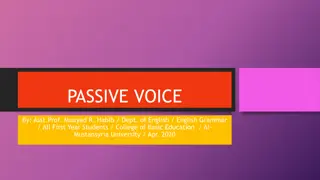Enhancing Education Through Learner Voice Engagement
Engage with learner voice to foster student involvement, improve staff development, and enhance relationships in education. Accessing learner voice, impacting policy, and promoting evidence-based change are key aspects explored.
Download Presentation

Please find below an Image/Link to download the presentation.
The content on the website is provided AS IS for your information and personal use only. It may not be sold, licensed, or shared on other websites without obtaining consent from the author.If you encounter any issues during the download, it is possible that the publisher has removed the file from their server.
You are allowed to download the files provided on this website for personal or commercial use, subject to the condition that they are used lawfully. All files are the property of their respective owners.
The content on the website is provided AS IS for your information and personal use only. It may not be sold, licensed, or shared on other websites without obtaining consent from the author.
E N D
Presentation Transcript
Meaningfully Engaging with Learner Voice in Further Education & Training A Practical Guide
Learner Voice WORKING WITH A PARTNER, DISCUSS THE FOLLOWING: WHY SHOULD WE CONSIDER LEARNER VOICE IN EDUCATION? HOW DO WE LISTEN TO THE STUDENTS? WHAT DO WE DO WITH THAT INFORMATION?
Impact of Learner Voice Makes the students feel more involved in their own education/sense of ownership. Increases learners' engagement. Contributes to staff development. Improves relationships.
How do we access learner voice? Suggestions: Write down a few ways to access learner voice and then 1 person from each group will inform us.
Let's hear from the Students themselves? Background Do you feel your voice is heard? What do you think we could do better? What do we do well? How can we really listen to you? Is the marginalised voice being heard?
Types of Learner Voice Collective Voice- entire group. Representative Group- class rep, societies Individual voice- one-to-ones In the future, what would you change in your practice?
AHEADUsing the Voice of Learners to Influence Policy AHEAD s current Strategic Plan contains the following key strategic theme: To influence national policy to impact positively on the inclusion of students and learners with disabilities in all learning environments , (2019, p. 4). Primarily, this is achieved through regular submissions in response to consultation calls (by invitation or public calls) and through the publication of reports and research that are informed by the voices of learners, and usually conclude with a number of recommendations. As such, we are a representative group that uses the collective voice of disabled learners and individual narratives of the barriers (and enablers) that these students have to navigate in their journey through education. When a learner agrees to take part in AHEAD research, it is our aim to help them feel empowered, to have a say in their own education. We aim to foster meaningful participation in the (co) creation of policy.
Evidence Based Change-How this Works How do we promote students and learners as co-creators of policy? How do we amplify the voices and perspectives of students at the level of policy makers? AHEAD have a student advisory group, in which key issues are discussed. As a representative group, AHEAD have little engagement with learners. This group is a key instrument that we use to identify key topics and themes that we frequently further explore in research. We will also often track or monitor these topics through continued research. Our research projects usually use surveys/interviews, or both, from which we elicit student perspectives and opinions, from these our projects we always conclude with several recommendations pertinent to the research project. We also us these findings to write policy submissions that help influence the policy landscape, thus making learner voice the key evidence base that underpins our work.
Thank you Denise.oconnor@cdcfe.cdetb.ie
